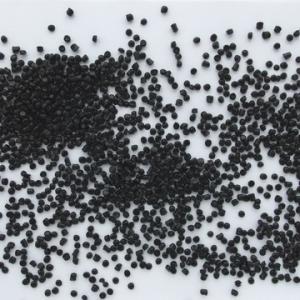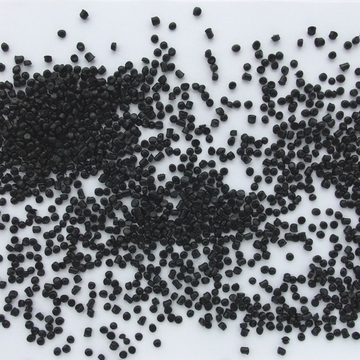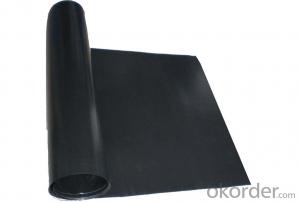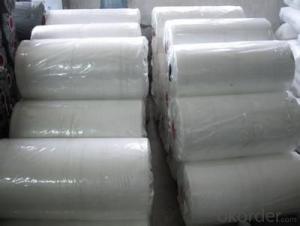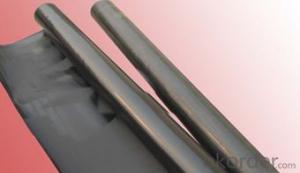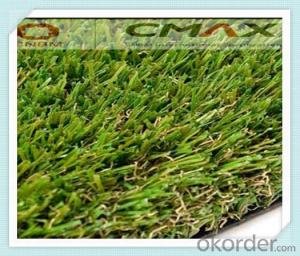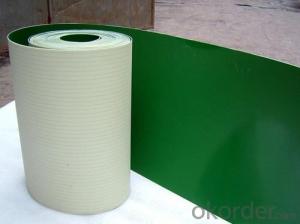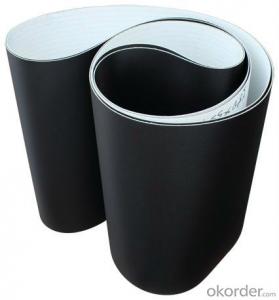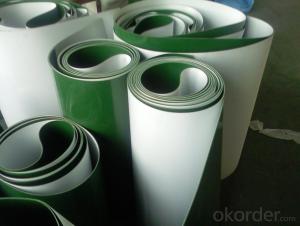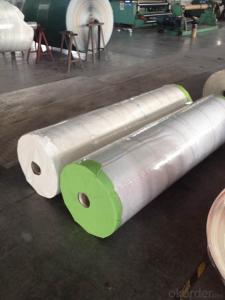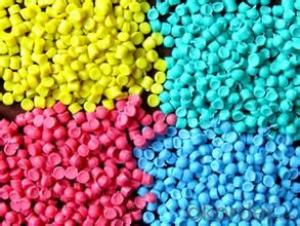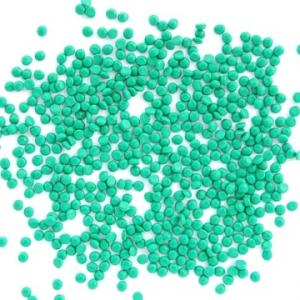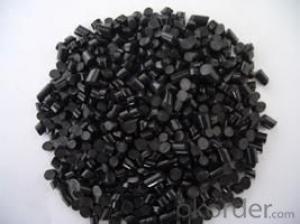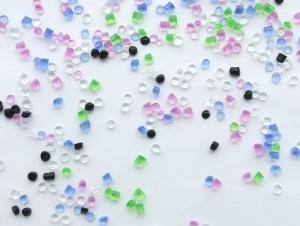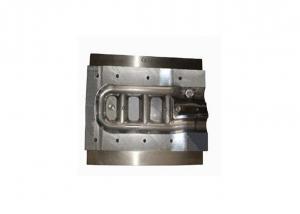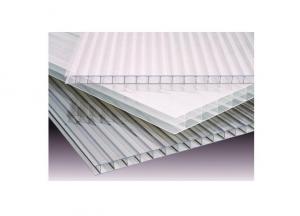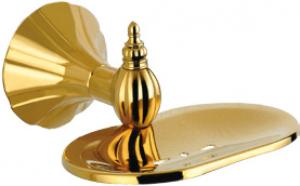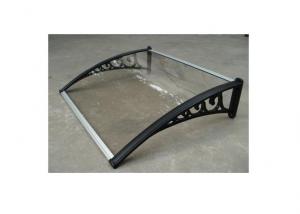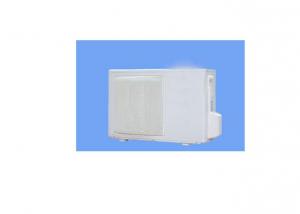Semiconducting PVC Jacketing Compound for High Voltage Cable
- Loading Port:
- Shanghai
- Payment Terms:
- TT OR LC
- Min Order Qty:
- -
- Supply Capability:
- 3000 Tons kg/month
OKorder Service Pledge
OKorder Financial Service
You Might Also Like
Semiconducting PVCJacketing Compound for High Voltage Cable
I. Typeand application
Type | Product | Application and Cable Specification |
VB-35A | Semiconducting PVC Jacketing Compound for High Voltage Cable | Applying to high voltage cables and other area cables as jacketing compound |
VBZ-35A | Semiconducting Flame retardant PVC Jacketing Compound for High Voltage Cable | Applying to high voltage cables and other area cables as flame retardant jacketing compound |
II. ProductDescription
Theseproducts used PVC resin as base materials, and added nanometer conductivecarbon black as filling, by mixing, plasticizing, pelleting, and finished aspellets. These products have very good conductive and processingcharacteristics. And it mainly substituted the graphite coat structure.
In theformula, it decreased the affect of plasticizer to conductive carbon black bythe technology of toughness reinforcing. At the same time, reduced the affectof materials low temperature and processing properties, because adding masscarbon black in the products. And we selected suitable low temperatureadditiver and rheological agent to improve the PVC materials, and made it hasgood integrated properties.
III. Processing
Use singlescrew extruder to process, suggest to put one layer 60/80 strainer.
Thefollowing temperature(℃) profile of extruder is recommended:
Zone | Zone 1 | Zone 2 | Zone 3 | Zone 4 | Zone 5 | head | Die1 | Die2 |
Temperature ℃ | 140 | 155 | 160 | 165 | 170 | 170 | 170 | 170 |
Note:Above information just for you refer, please adjust it according to equipmentconditions and extruding situation.
IV. Storageand transport
Packaging:25kg/bag,Aluminumfoil vacuum and moistureproof inside bag and complex Kraft outside bag.
Storage and transport: Avoiding indirect sunlight and weathering. The storage place should be in clean, cool,dry, and ventilated conditions.
V. Properties
Table
Item | Unit | VB-35A | VBZ-35A | ||
Standard Value | Typical | Standard Value | Typical | ||
Tensile Strength | ≥ MPa | 12.5 | 14.5 | 12.5 | 14.2 |
Elongation at Break | ≥ % | 180 | 220 | 180 | 230 |
Impact Brittleness Temperature | ℃ | -15 | Pass | -15 | Pass |
Volume Resistivity, at 23℃ | ≤ Ω﹒cm | 100 | 25 | 100 | 30 |
Hot Deformation | ≤ % | 40 | 25 | 40 | 26 |
Thermal Stability Time at 200℃ | ≥ min | 80 | Pass | 80 | Pass |
Thermal Aging | ℃×h | 100±2/168 |
| 100±2/168 |
|
Tensile Strength after aging | ≥ MPa | 12.5 | 14.8 | 12.5 | 14.6 |
Variation on Tensile Strength | % | ±20 | +2 | ±20 | +3 |
Elongation at Break after aging | ≥ % | 180 | 200 | 180 | 210 |
Variation on Elongation at Break | % | ±20 | -9 | ±20 | -8 |
Loss of Mass | ≤ g/m2 | 20 | 12 | 20 | 13 |
Oxygen Index | ≥ % | _ | _ | 30 | 30 |
- Q: Can olive nets be used in areas with heavy snowfall?
- No, olive nets are not suitable for areas with heavy snowfall as they are designed specifically for harvesting olives and may not be able to withstand the weight and pressure of heavy snow.
- Q: Can olive nets be custom-made?
- Yes, olive nets can be custom-made to meet specific size and shape requirements for various olive groves.
- Q: Can olive nets be used in areas with limited water availability?
- Yes, olive nets can be used in areas with limited water availability. Olive trees are known for their ability to tolerate drought conditions, and using nets to protect the olives from birds and other pests can help conserve water by reducing the need for frequent irrigation.
- Q: How about making a bottle of yogurt with plastic bottles?
- Glass is good, plastic bottle fermentation process will be uneven, colonies will adhere to the wall
- Q: Can olive nets be used to enhance sustainable farming practices?
- Yes, olive nets can be used to enhance sustainable farming practices. Olive nets are commonly used in olive cultivation to protect the fruit from birds and other pests, reducing the need for chemical pesticides. By minimizing the use of harmful chemicals, olive nets contribute to environmentally friendly farming practices. Additionally, these nets can also help to reduce water consumption by preventing excessive evaporation from the soil, thus promoting water efficiency. Overall, the use of olive nets supports sustainable farming by reducing environmental impact and promoting resource conservation.
- Q: How does an olive net affect the overall fruit ripening in the olive grove?
- An olive net can have a positive impact on the overall fruit ripening in an olive grove. By covering the trees, the net acts as a barrier that protects the olives from external factors such as excessive heat, wind, or pests, which can hinder the ripening process. The net also creates a microclimate within the grove that helps maintain optimal temperature and humidity levels for the olives to ripen effectively. Additionally, the net prevents birds or other animals from accessing the fruits, reducing the chances of damage or premature harvesting. Overall, an olive net can contribute to a more controlled and favorable environment for fruit ripening, resulting in higher-quality olives with better taste and texture.
- Q: Can olive nets be used to reduce the risk of soil erosion in areas with high wind speeds?
- Yes, olive nets can help reduce the risk of soil erosion in areas with high wind speeds. The nets act as a physical barrier, preventing the soil from being carried away by strong winds. Additionally, the nets can also help retain moisture in the soil, further reducing erosion.
- Q: How do I see if the plastic cup is qualified?
- As a result, the identification of plastic varieties has become simple and easy, and the cost of recycling has been substantially reduced. Today, many countries in the world have adopted the SPI logo scheme. China enacted almost identical labeling standards in 1996.
- Q: How does an olive net affect the overall fruit texture in the olive grove?
- An olive net plays a crucial role in maintaining the overall fruit texture in an olive grove. By carefully placing the net beneath the trees, it prevents the olives from falling onto the ground, thereby reducing the risk of physical damage and bruising. This ensures that the olives retain their natural firmness and texture, resulting in better quality fruits during the harvesting process.
- Q: Can olive nets be used for both small and large-scale olive oil production?
- Yes, olive nets can be used for both small and large-scale olive oil production. Olive nets are commonly used in the olive industry to collect olives efficiently during the harvesting process. They can be used in small-scale operations where olives are hand-picked and in large-scale operations where mechanical harvesters are employed. The nets help prevent olives from falling to the ground, reducing potential damage and contamination. Overall, olive nets are versatile tools that can be effectively utilized in various olive oil production settings.
Send your message to us
Semiconducting PVC Jacketing Compound for High Voltage Cable
- Loading Port:
- Shanghai
- Payment Terms:
- TT OR LC
- Min Order Qty:
- -
- Supply Capability:
- 3000 Tons kg/month
OKorder Service Pledge
OKorder Financial Service
Similar products
Hot products
Hot Searches
Related keywords
